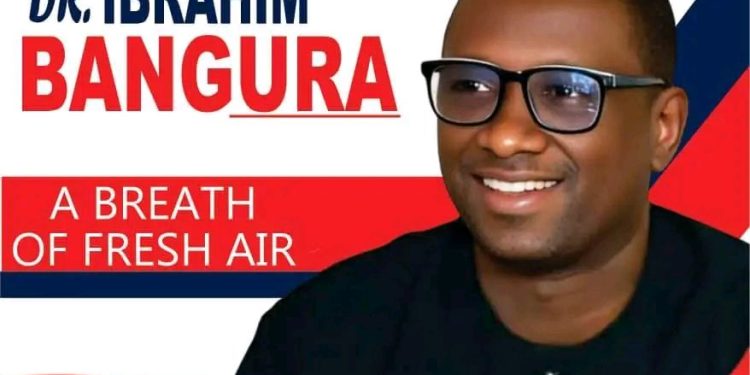By Idriss Balogun Tejan
When Ernest Bai Koroma first vowed to “hand power to the youths,” it was not a mere campaign rhetoric. It was a governing creed.
The former president understood that Sierra Leone’s future would not be secured by clinging to the inertia of the past but by harnessing the energy, creativity, and resolve of its young people.
During his tenure, that conviction was translated into concrete policy. His National Youth Programme set an ambitious target: the creation of one million decent jobs, opening pathways in agriculture, fisheries, construction, information technology, and entrepreneurship.
Vocational training centres multiplied, secondary, and tertiary enrolment surged by the hundreds of thousands, and youth councils were established to give young citizens a formal voice in governance.
Koroma’s approach was both pragmatic and symbolic. He strengthened the Ministry of Youth Affairs, embedded young leaders in policymaking, and consistently cast them as “the engine of Sierra Leone’s progress.”
Far from mere acts of benevolence, these were calculated investments in a generation he regarded as the nation’s future leaders.
It is little wonder, then, that within the All People’s Congress (APC), a new generation now seeks to inherit that mantle.
Across the party, young leaders, some quietly, others more openly, court Koroma’s blessing and seek his endorsement, with a few even styling themselves as the rightful heirs to his political legacy.
Yet in this crowded field, one name has risen with unusual clarity: Dr. Ibrahim Bangura.
His discipline, performance, and strategic precision have distinguished him from his peers — and, to the quiet frustration of some, made him the most visible embodiment of the leadership ideals Ernest Bai Koroma championed.
This has fostered a perception, voiced in equal parts admiration and envy, that Dr. Bangura is, in effect, Ernest Bai Koroma’s political endorsement made flesh.
His critics may frame it as a charge, but they are not wrong. Dr. Ibrahim Bangura’s trajectory, values, and vision align so closely with the former president’s youth empowerment agenda that he stands as its most credible successor.
Where Koroma built the bridge, Bangura seeks to lead the crossing. His platform addresses the unfinished business of youth empowerment: confronting unemployment with innovation, deepening transparency in governance, and ensuring that young people are not merely participants in national life but decision-makers at its highest levels.
The political significance of this continuity is profound. For veteran party loyalists, backing Bangura is not a rupture with tradition but an affirmation of it; a way to honour Koroma’s legacy by entrusting it to capable hands.
For the youth, it represents the long-promised inheritance: the opportunity to shape Sierra Leone’s destiny from the front, not the margins.
As the nation turns its gaze toward 2028, the baton appears ready for transfer. Koroma’s presidency proved that youth empowerment could be more than rhetoric; Bangura’s ambitions suggest it could become the defining reality of a new era.
This is not a contest between past and future. It is a relay — and the next runner is already in stride.










